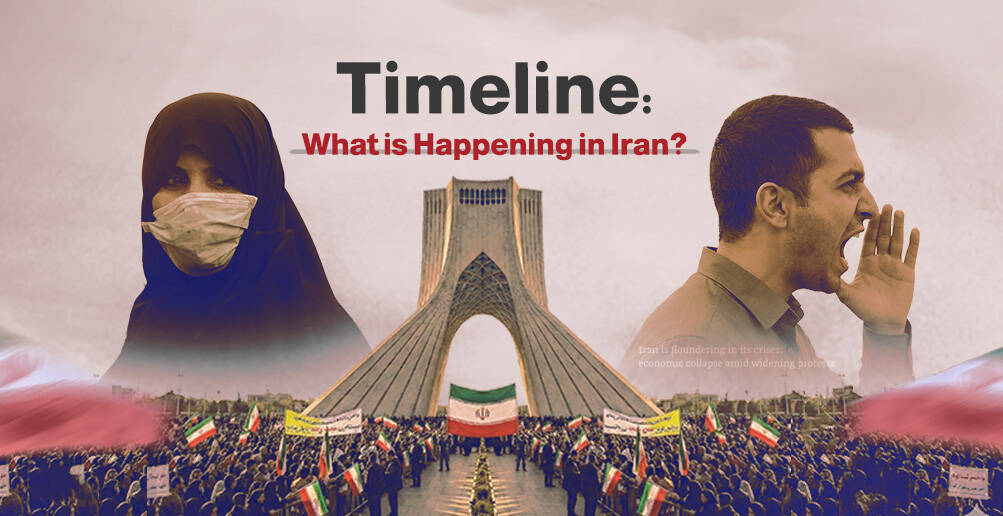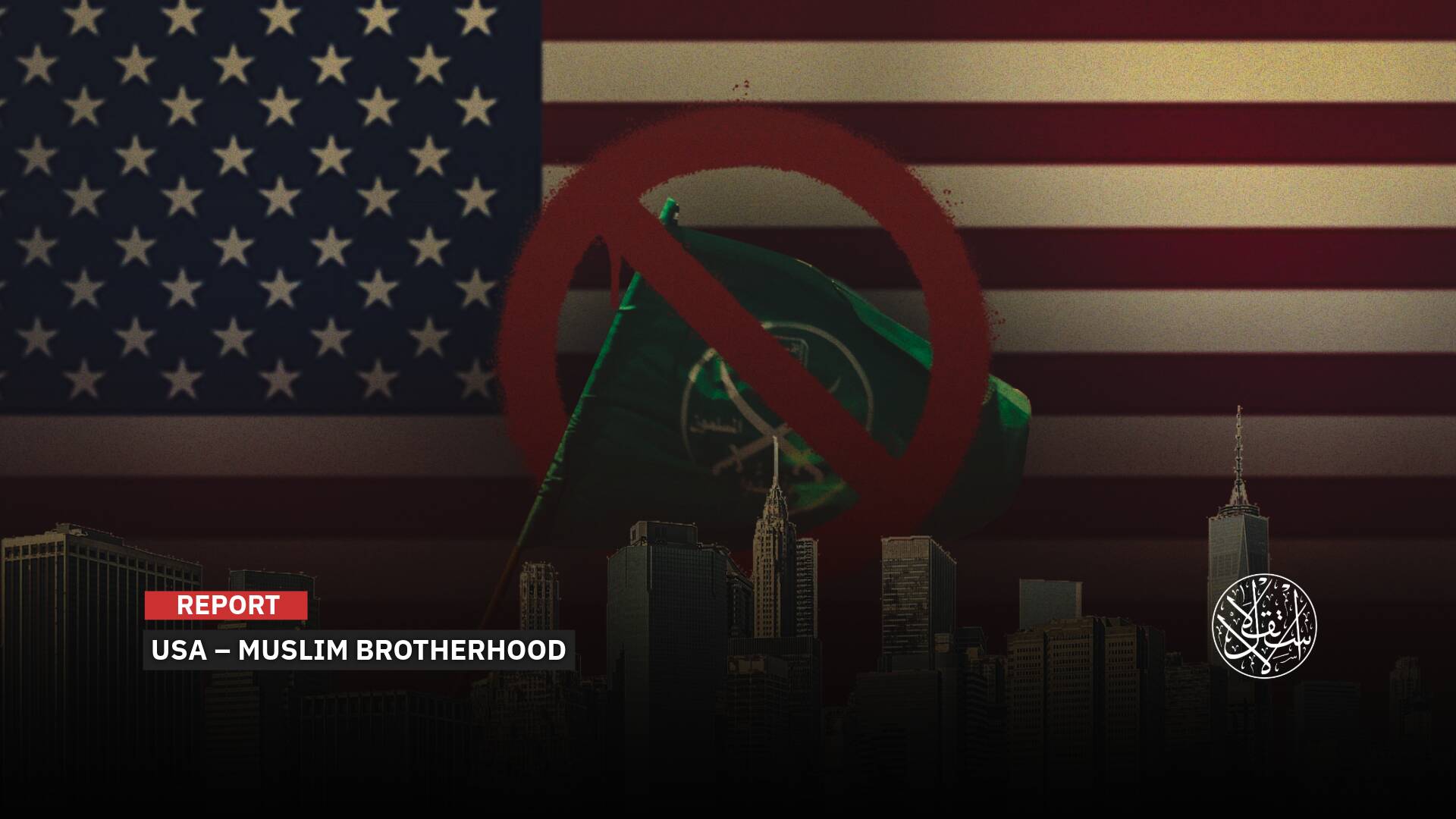Hidden Intentions: How Trump Went from Peacemaker to Conflict Manager

“Trump is currently managing multiple wars while his ability to negotiate in real time is collapsing.”
US President Donald Trump has long promised to end conflicts around the world and usher in a new era of peace.
However, the escalating wars and tensions in the region, which continue only a few months after his election to the White House, have somewhat hindered Trump's vision for peace, presenting it with its toughest test yet.
Trump's most notable foreign policy achievement in his first term was the normalization agreements between “Israel” and several Arab countries, but his second term has yet to see any progress on this issue.
Given this, the coming days will reveal whether the recent Israeli-Iranian tensions will end Trump's image as an international peacemaker or merely postpone his foreign policy plans.
New Conflicts
When Donald Trump was sworn in as US president for a second term last January, he promised that his legacy would be the proudest, describing himself as a peacemaker. However, developments in the Middle East may hinder this.
Nearly five months into his presidency, amid the recent Israeli attack on Iran, the ongoing Israeli genocide in the Gaza Strip, and the diminishing prospects for ending the Russian-Ukrainian war, Trump's hopes have so far been dashed.
Trump's second term began with what appeared to be a foreign policy victory, particularly after US Special Envoy for the Middle East Steve Witkoff worked with advisors to then-President Joe Biden to achieve a long-awaited ceasefire in the Gaza Strip between “Israel” and Hamas.
However, this agreement collapsed within weeks after it was violated by the Israeli military, which resumed its war on the Gaza Strip and expanded its military operations there.
The U.S. has also made little progress toward a peace agreement between Russia and Ukraine, especially since Trump had pledged to end this conflict on his first day in the White House.
It is worth noting that Trump boasted throughout his campaign that he was the only person capable of reaching an agreement with his Russian counterpart, Vladimir Putin, to end the war in Ukraine.
However, Russia continued its offensive, and its forces entered the Dnepropetrovsk region for the first time in three years, indicating the Kremlin's complete disregard for any peace initiative led by the Trump administration.
On June 12, the US President expressed his disappointment at the failure of Russia and Ukraine to reach a ceasefire agreement, stating that he believed it was possible to reach an agreement between the two countries.

The tension between India and Pakistan was also not without controversy. Trump's announcement that he had successfully brokered a ceasefire sparked resentment in New Delhi, which quickly denied any US involvement.
The Secretary of Defense's statement about plans to take military control of Greenland and Panama was no less surprising, raising serious questions about the meaning of peace in the US administration's lexicon.
Just hours before Israel's most violent strike against Iran, Trump reiterated his commitment to avoiding a new Middle East conflict.
He wrote on Truth Social: “We are committed to a diplomatic solution to the Iranian nuclear issue. I have directed my entire administration to negotiate with Iran. Any potential Israeli attack on Iran will destroy everything.”
However, “Israel” launched its most violent strikes against Iran just hours after this statement, leaving Trump in a difficult position.
Reuters noted that the Israeli attacks on Iran also represent a disregard for envoy Witkoff, who had been working toward a diplomatic solution to limit Iran's nuclear program.
He had sought for weeks—to no avail—to persuade Netanyahu to be patient while US-Iranian negotiations progressed, until those talks reached a stalemate.
Trump now faces a complex strategic dilemma. Tehran was scheduled to meet with Witkoff for a new round of peace talks on June 16 before recently announcing its withdrawal following the Israeli attack.

Wide Discontent
Trump campaigned last year on a platform of ending what his base described as American foreign adventures, and he took a position opposed to the war hawks in Washington, who have long supported military interventions outside the U.S.
However, according to a report published by Politico, some of his most prominent supporters now fear that “Israel” has undermined his ability to fulfill that promise.
The recent Israeli attack on Iran threatens to drag the U.S. into a new conflict in the Middle East and could lead to a split within the Make America Great Again (MAGA) movement, which helped propel Trump to the White House recently.
Although US administration officials have confirmed that the U.S. was not involved in the attack, its ability to remain aloof from the escalation remains in doubt, especially after its intervention to intercept Iran's response to “Israel”.
According to Politico, Trump either tried to deter Tel Aviv from attacking Tehran but failed, highlighting his limited influence over Israeli Prime Minister Benjamin Netanyahu, or he secretly approved the operation despite objections from his supporters.
In either case, Trump, who has long boasted of his negotiating skills and ability to bring world peace, finds himself facing one of the most dangerous moments of his presidency: either leave Israel to face the consequences of its actions alone, or plunge the United States into a direct confrontation with Iran.
In turn, political analyst Dr. Amin al-Shami explained to Al-Estiklal that “one of the most prominent reasons for Trump’s appeal to voters was his explicit promise not to drag the U.S. into new conflicts.”
“However, peace for Trump does not mean that wars and conflicts will not erupt, but rather that the U.S. will be far removed from them,” he said.
“Trump does not approach politics according to its traditional logic, but rather as a business broker. For him, peace is not a humanitarian goal so much as a win-win deal for all parties,” he added.
Dr. Shami concluded that “true peace is not made through partial declarations and agreements, but rather through deep understandings that address the roots of conflicts.”
“Either Trump seizes this opportunity and establishes himself as a peacemaker, or his political legacy will remain one of division and conflict,” he said.

Contradictory Statements
Shortly after the strike, prominent Trump ally and leader of Turning Point USA Charlie Kirk appeared on a live broadcast with his supporters, describing the situation as total chaos that would have significant repercussions for the American homeland.
He indicated that Americans would return to the debate over funding and arms supplies to “Israel”, warning that the Israeli strike on Iran would cause a massive split within the MAGA movement.
In turn, Mollie Hemingway, editor-in-chief of the conservative magazine, The Federalist, argued that authorizing an Israeli strike would be viewed as an unforgivable betrayal by millions of American voters.
Right-wing activist Jack Posobiec questioned the impact of a new Middle East conflict with Iran on summer gas prices, as the midterm elections approached.
Tucker Carlson, a Right-wing commentator close to Trump, accused figures affiliated with the “Israel” lobby in the U.S. of calling on Trump to launch airstrikes and direct US military intervention in Israel's war against Iran.
Prominent among these figures are Sean Hannity (Fox News host), Mark Levin (American author), Rupert Murdoch (media mogul), Ike Perlmutter (film producer), and Miriam Adelson (businesswoman).
Matt Boyle, a prominent writer for Breitbart and close to the MAGA movement, said, “What the president decides now could determine the future of his presidency.”
“Trump must balance protecting America's most important ally in the region—“Israel”—with avoiding getting the U.S. involved in a new war,” he added.

Others within the MAGA community have been more vocal and outspoken against Trump due to his recent contradictory statements.
Saagar Enjeti, host of the show Breaking Points, sharply criticized Trump after he described the Israeli attack as an insult to the U.S. and considered it a deliberate act of sabotage aimed at dragging us into war.
He pointed to a 2011 video clip showing Trump criticizing then-President Obama, accusing him of starting a war with Iran because he lacked the ability to negotiate.










